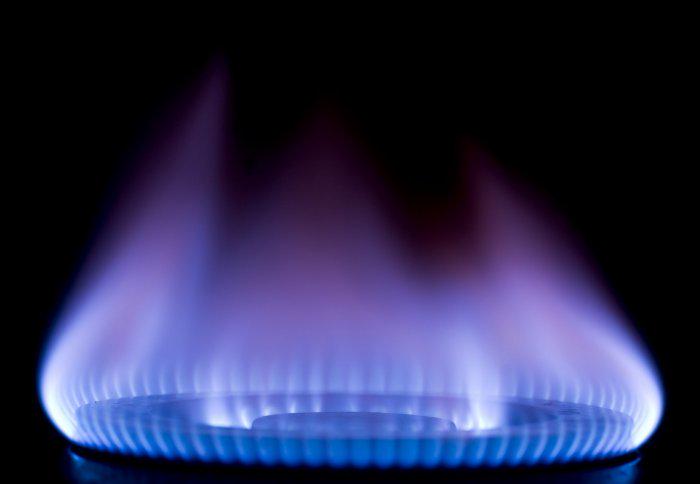A joint research of London’s Imperial College and Finland’s University of Turku was successful in generating clean fuel by “tricking” the _Escherichia co_li bacteria to produce not what they normally produce, which are cell membranes, but propane.
According to Patrik Jones from Imperial College’s Department of Life Sciences, they have produced only “tiny amounts” but the fuel that resulted is ready and available for use any time in any engine. The possibility of commercial production may be well into the future of five to ten years, but already making production economically sustainable has begun. The research team will utilise what they have come up with – synthesising propane gas production – in photosynthetic bacteria for chemical fuel conversion from solar energy. Propane is inherently a clean form of fuel because of its relatively low carbon content.
E.coli is Less Expensive to Process than Algae
A global market currently exists for propane, a by-product of petroleum refining as well as processing of natural gas. Propane may be a gas but it can also be liquefied easily. One of the most commonly used fuel forms, liquid petroleum gas or LPG, is made up mostly of propane. A clean propane extraction will be a welcome substitute to fossil fuel because both refined petroleum and natural gas have finite properties.
According to Jones, the increasing demands for energy could be met with new ways such as the utilisation of propane. Unlike current favourite algae, which is difficult to harvest and process and is also more expensive, propane is compatible with current infrastructures that use fossil fuels for power and can be easily separated with minimal energy spent using natural processes. These two attributes of propane led to the Escherichia coli_ _research.
Confusing E. coli Equals A New Renewable Energy Source
Interrupting E. coli’s natural process as they create cell membranes from fatty acids, the research teams used three various enzymes each with a separate function. Altering E. coli’s metabolism by employing a new enzyme called aldehyde-deformylating oxygenase (ADO) that can create hydrocarbons naturally, the confused bacteria went on to make propane instead.
ADO’s role was boosted by electrons that enabled it to strengthen its catalytic capabilities to produce propane. Up until this time, propane, a flammable compound, has been produced exclusively as a by-product of refined petrol and natural gas processing, two fossil fuels that continue to contribute to greenhouse gas emissions.
Studying How E. coli Turned into Propane
Under the Clean Air Act, however, propane is an environmental-friendly fuel because it is broken down into water and carbon dioxide upon burning. In gas form, propane can easily escape from E. coli but can be turned with an inexpensive process into liquid form for transport and storage. Jones and his colleagues are working to refine the process of producing propane gas in order to achieve commercial viability.
The bacteria-produced propane which resulted from the research of Jones and his team (Pauli Kallio, Kati Thiel, and Andras Pasztor from the biochemistry department of the University of Turku and University College of London’s Kalim Akhtar) is “a thousand times” less the quantity required for commercial purposes. Jones admitted that they do not have, as yet, “a full grasp” of how the molecules of the fuel are formed; their further study focuses on how this formation unfolds.



